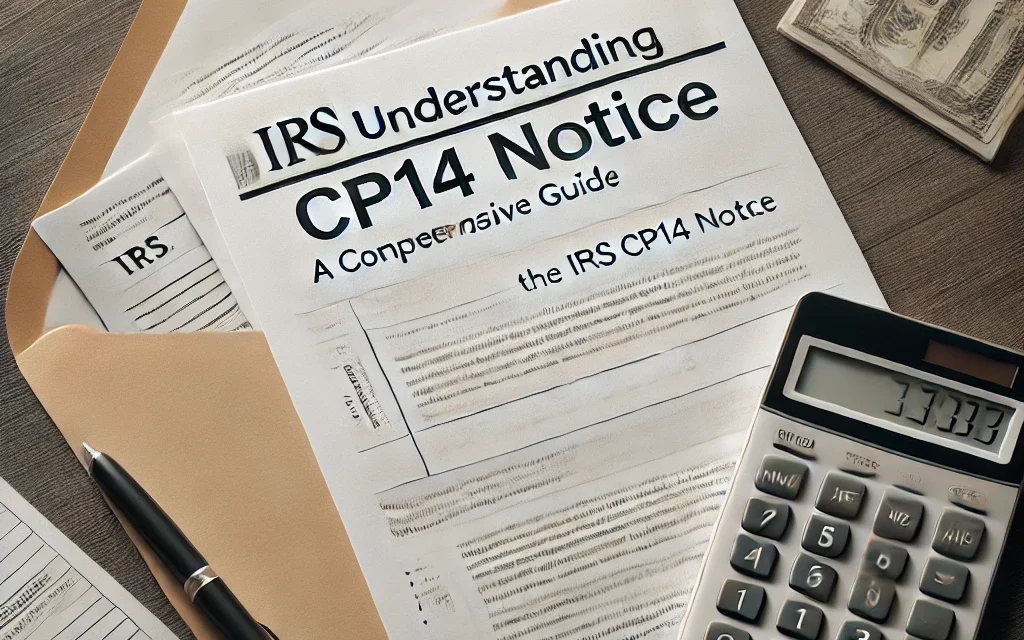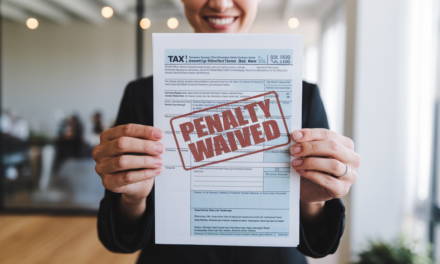The IRS CP14 Notice is a formal communication sent to taxpayers who have unpaid taxes. It is the first notice you receive from the IRS if you owe a balance, and it outlines the amount you owe, including any penalties and interest, along with a deadline for payment.
Reasons You Might Receive a CP14 Notice
- Unpaid Taxes: The most common reason for receiving a CP14 notice is that you filed your tax return but did not pay the full balance due.
- Late Filing Penalties: If you filed your tax return after the deadline, you might receive a CP14 notice due to penalties for late filing and late payment.
- Missed Estimated Payments: For individuals who are required to make estimated tax payments, failing to do so can result in receiving a CP14 notice.
- Processing Delays or Errors: Sometimes, the IRS may send a CP14 notice due to processing delays, errors, or if a payment was not correctly applied to your account.
Steps to Take If You Receive a CP14 Notice
Receiving a CP14 notice requires prompt action to avoid further complications:
- Pay the Amount Owed: If you agree with the amount, pay the balance in full by the deadline specified in the notice. You can pay online, by check, or by setting up a direct debit.
- Set Up a Payment Plan: If you cannot pay the full amount, you can request an installment agreement. The IRS offers several options, including short-term and long-term payment plans.
- Dispute the Notice: If you believe the notice is incorrect, contact the IRS using the phone number provided on the notice. Be prepared with your tax documents to resolve the issue.
- Seek Professional Help: Consulting a tax professional or attorney is advisable if the situation is complex or if you are unsure how to proceed.
Consequences of Ignoring a CP14 Notice
Ignoring a CP14 notice can lead to more severe consequences, including:
- Accumulation of additional penalties and interest.
- Escalation to more severe notices such as CP501, CP503, or CP504.
- Possible enforcement actions by the IRS, including wage garnishment, bank levies, or filing a federal tax lien.
FAQs about the CP14 Notice
What happens if I disagree with the amount on the CP14 notice?
If you disagree with the amount, you can contact the IRS to discuss your concerns. You may need to provide additional documentation to support your case or file an appeal.
Can I set up a payment plan if I can’t pay the full amount?
Yes, the IRS offers several payment plan options, including short-term plans (up to 120 days) and long-term instalment agreements. Penalties and interest will continue to accrue until the full balance is paid.
What should I do if I can’t afford to pay the amount due?
If you are unable to pay the full amount, you can apply for an Offer in Compromise, which may allow you to settle your tax debt for less than the full amount owed. Alternatively, you may request Currently Not Collectible (CNC) status if paying the debt would cause financial hardship.
Is the CP14 notice an audit?
No, a CP14 notice is not an audit. It is simply a notice of unpaid taxes. However, it should not be ignored, as it could lead to more severe actions if left unresolved.
What happens if I ignore the CP14 notice?
Ignoring the notice can result in the IRS taking more aggressive collection actions, including wage garnishment, bank levies, or placing a lien on your property. It’s important to address the notice promptly to avoid these consequences.
Conclusion
The CP14 notice is a serious matter that requires immediate attention. Understanding the reasons for the notice, the actions you can take, and the potential consequences of ignoring it is crucial to managing your tax obligations effectively. Whether you choose to pay the amount due, set up a payment plan, or dispute the notice, taking action is essential to avoid further complications.
Sources
- Understanding Your CP14 Notice – IRS.gov
- CP14 Notice – IRS Notice of Balance Due & Start To Collections – TaxCure
- Deciphering the CP 14 Notice: What to Do When You Owe Unpaid Taxes – Clean Slate Tax
- Understanding Your IRS CP14 Notice In 9 Easy Steps – Silver Tax Group
- I Got an IRS Notice CP14 (Balance Due Notice): What to Do Next – Gordon Law Group






Trackbacks/Pingbacks